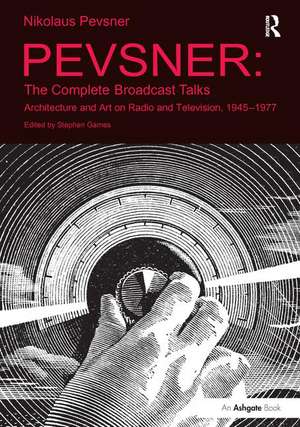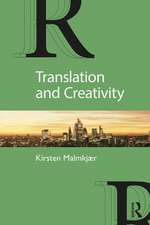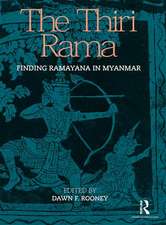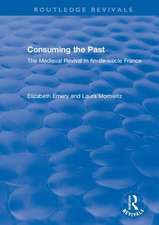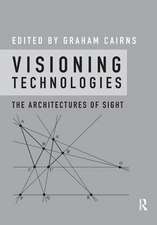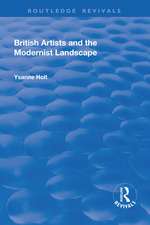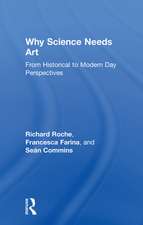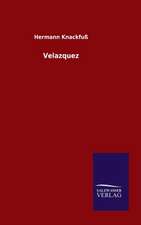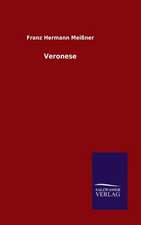Pevsner: The Complete Broadcast Talks: Architecture and Art on Radio and Television, 1945-1977
Autor Stephen Gamesen Limba Engleză Paperback – 9 sep 2016
| Toate formatele și edițiile | Preț | Express |
|---|---|---|
| Paperback (2) | 325.34 lei 6-8 săpt. | |
| Taylor & Francis – 12 oct 2017 | 325.34 lei 6-8 săpt. | |
| Taylor & Francis – 9 sep 2016 | 338.33 lei 6-8 săpt. | |
| Hardback (2) | 781.34 lei 6-8 săpt. | |
| Taylor & Francis – 28 apr 2014 | 781.34 lei 6-8 săpt. | |
| Taylor & Francis – 28 iul 2015 | 856.13 lei 6-8 săpt. |
Preț: 338.33 lei
Preț vechi: 386.77 lei
-13% Nou
Puncte Express: 507
Preț estimativ în valută:
64.75€ • 66.89$ • 53.89£
64.75€ • 66.89$ • 53.89£
Carte tipărită la comandă
Livrare economică 25 martie-08 aprilie
Preluare comenzi: 021 569.72.76
Specificații
ISBN-13: 9781138246928
ISBN-10: 1138246921
Pagini: 598
Dimensiuni: 174 x 246 x 41 mm
Greutate: 0.45 kg
Ediția:1
Editura: Taylor & Francis
Colecția Routledge
Locul publicării:Oxford, United Kingdom
ISBN-10: 1138246921
Pagini: 598
Dimensiuni: 174 x 246 x 41 mm
Greutate: 0.45 kg
Ediția:1
Editura: Taylor & Francis
Colecția Routledge
Locul publicării:Oxford, United Kingdom
Public țintă
Professional Practice & DevelopmentNotă biografică
Stephen Games is an author and editor. A former documentary maker for the BBC and arts correspondent of The Independent, Stephen's architectural reviews for The Guardian earned him a British Press Award. He has written for the Los Angeles Times and been deputy editor of the RIBA Journal. He was educated at the Central School of Art and Magdalene College, Cambridge. He has recently lectured on architectural history and theory at Kent University, and has taught at Boston University and Temple University, Philadelphia.
Recenzii
’Stephen Games's new compendium of broadcast lecture texts represents an invaluable enrichment of the increasingly diverse literature on the life, career and ideas of Nikolaus Pevsner - one of the focal figures of mid-20th-century visual culture in England. Not just that - but, in conjunction with the forthcoming companion volume, Pevsner at the BBC, it will do much to illuminate the wider interconnections between cultural commentators and the mass media in the era of humanist social democracy that Noel Annan fondly dubbed Our Age. Those, after all, were years when public discourse on the built environment was still pervaded by high ideals and grand narratives of Progress and social salvation - in stark contrast with the empty posturing that passes for architectural theory in today's time of image-led, iconic nihilism!’ Miles Glendinning, University of Edinburgh, UK ’Conversational, spontaneous, wide-ranging, and often responding to recent travels and encounters, Pevsner's broadcasts reveal a side that does not appear in his more scholarly writings. Reading the transcripts today, they show him reaching beyond the circle of professionals and academics, as part of his mission to bring informed discussion of architecture into the orbit of everyday life.’ Adrian Forty, The Bartlett School of Architecture, University College London, UK 'This volume will appeal to those with an above average interest in art and architecture ... Recommended.' Choice 'Games provides extensive introductory material for each script as well as to the whole collection, which addresses the controversial aspects of Pevsner’s career in great detail'. Cassone 'Here for the first time between covers are the surviving texts of 113 talks on art and architecture given by the greatest of all British architectural historians, Sir Nikolaus Pevsner.' Newsletter of the Ancient Monuments Society ’So what is the value of this collection? Firstly it is a reminder of Pevs
Cuprins
Chapter 1 Propaganda; Chapter 2 The Influence of Basil Taylor; Chapter 3 The Influence of Anna Kallin; Chapter 4 ; Chapter 5 In Retreat; Chapter 6 The Influence of Leonie Cohn;
Descriere
This book brings together the surviving texts of the 113 talks on art and architecture that we know of, given by the art historian Sir Nikolaus Pevsner on radio and television between 1945-1977. These talks are important as an example of the attempt by the BBC in particular to provide intellectual programming for the mass population. The talks are important for what they reveal about changing tastes in the treatment of the arts as a broadcast topic, as well as offering a case study of the development of one particular historian's approach to a subject that was gaining ground in universities as a direct result of his popularisation of it.
